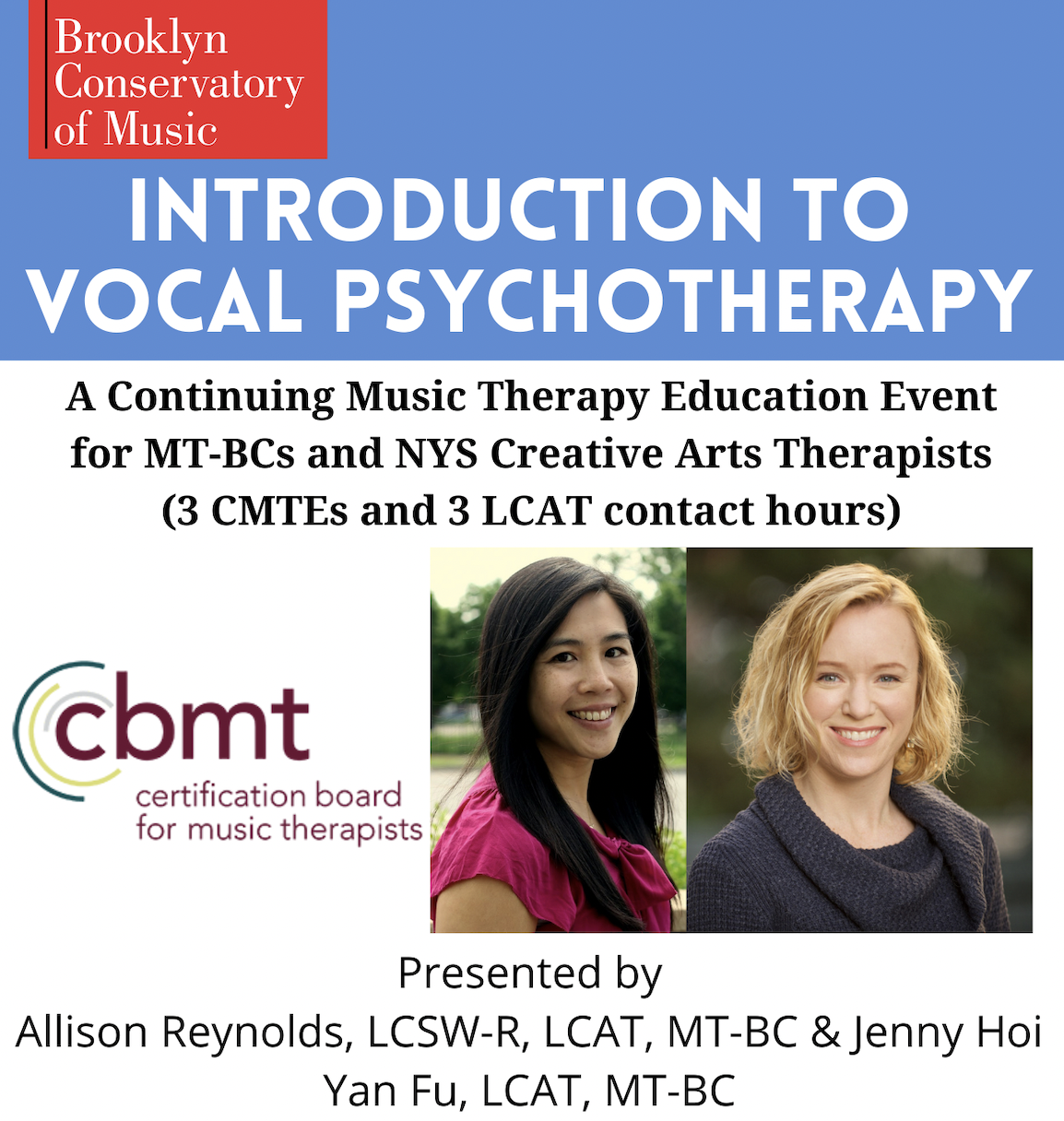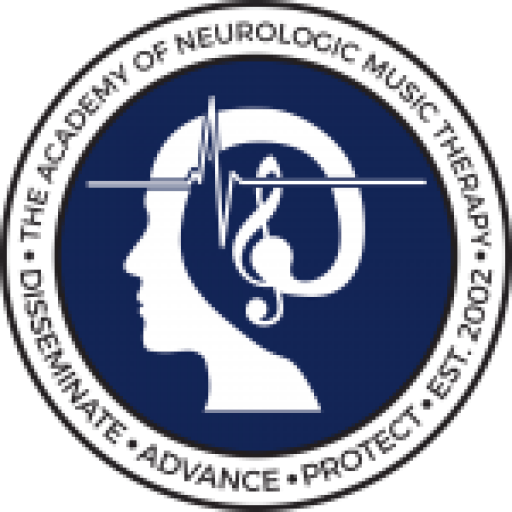Music has been used for centuries to enhance human life, from entertainment to communication and emotional expression. However, it wasn’t until the 20th century that music therapy gained a foothold as an official therapeutic practice. Today, music therapy is gaining popularity as a tool for healing and treating diverse physical and mental health challenges.
In this article, we’ll explore everything you need to know about music therapy and how Dr Music can help not just the physically challenged, but everyone, including hospital patients, senior citizens, and people coping with mental health issues.
What is Music Therapy?
Recommended Reading:
Music therapy involves the use of music as an intentional and evidence-based intervention to address physical, emotional, cognitive, and social needs of individuals. It entails professional, therapeutic relationships that involve active participation in music making, listening, analysis, and discussion.
Music therapy sessions are led by qualified music therapists trained to assess the individual’s needs and develop an appropriate treatment for them. Music therapists use various music styles, instruments, and techniques to stimulate a desired therapeutic outcome.
The Benefits of Music Therapy
There are numerous advantages of music therapy, including:
- Reduced pain and improved physical rehabilitation of those with physical injuries
- Improved cognitive function among individuals with neurodegenerative disorders like dementia and Alzheimer’s
- Improved communication and social skills for individuals on the Autism spectrum or with communication disorders
- Reduced anxiety and stress among cancer and psychiatric patients
- Improved mood and wellbeing among individuals experiencing depression and anxiety
- Improved quality of life for patients with terminal illnesses
How Dr Music Can Help You
Dr Music Clinic is a leading music therapy center with a plethora of evidence-based musical interventions tailored to meet the needs of individuals seeking treatment. Our team of certified music therapists has extensive experience in providing music therapy in one-to-one and group settings across diverse populations.
We specialize in a range of evidence-based techniques, including:
1. Vocal Psychotherapy

This technique involves the use of singing and vocalization as a tool for emotional expression, personal growth, and self-awareness. It is especially beneficial for individuals dealing with emotional trauma, grief, and depression.
2. Guided Imagery and Music Therapy

This technique involves using classical music as an accompaniment to guide individuals into a relaxed, meditative state, while they envision specific mental images and stories to heal their physical, mental, and emotional challenges. It helps individuals cope with anxiety, stress, and depression.
3. Neurologic Music Therapy

This technique targets improving motor function, speech, cognitive function, and emotional expression in individuals with neurological disorders like stroke, Parkinson’s disease, and multiple sclerosis.
4. Music-Assisted Relaxation Therapy

This technique uses relaxing music to reduce anxiety, stress, and promote relaxation. It helps people cope with insomnia, PTSD, and other mental health conditions.
What to Expect During Music Therapy Sessions
During your first session, your therapist will conduct an initial assessment to determine your needs, preferences, and goals. They will then develop a customized treatment plan that uses specific music techniques based on your assessment results.
Your music therapy sessions may involve a range of interventions, including singing, instrument playing, songwriting, and listening to music, depending on your needs. Your therapist will guide you and provide feedback as you engage in these therapeutic activities.
Is Music Therapy Covered by Insurance?
In most cases, music therapy is a reimbursable service under insurance when prescribed by a licensed healthcare professional. However, insurance requirements vary, and you’ll need to confirm your coverage with your provider.
Conclusion
In summary, music therapy is a powerful tool that can help individuals facing a range of physical and mental health challenges. At Dr Music, we use evidence-based techniques to develop personalized treatment plans to help our clients achieve their goals in a safe and supportive environment.
Whether you’re seeking physical, emotional, cognitive or social improvement, Dr Music has the expertise, technology, and resources to help you unlock your full potential. We welcome you to schedule an appointment with our music therapy specialists and begin your journey to a better life today.
